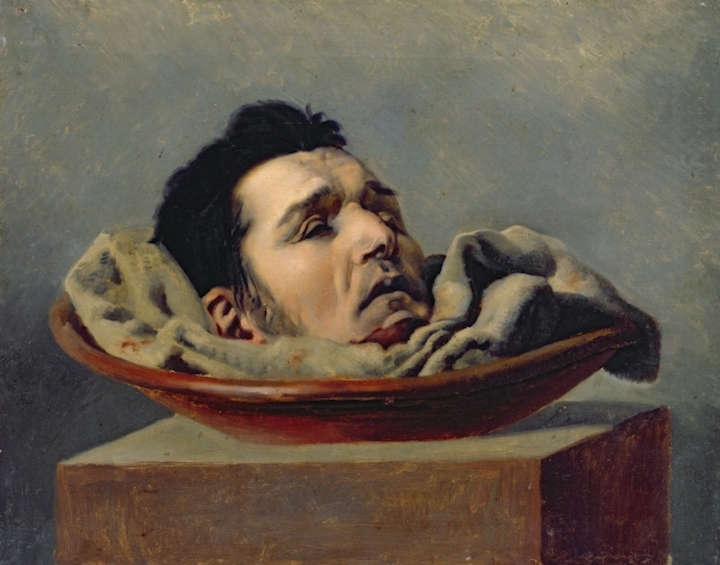The United States is currently going through its own version of China’s Cultural Revolution, including rampaging mobs, hell-bent on the destruction of property and historical artifacts. These disturbances have obscured the sometimes quite legitimate protests about things like the occasional misdeeds by a few of our police officers.
But at the same time, central institutions like the Supreme Court are radically altering the meaning of gender. Loud, though not necessarily large, groups are calling for canceling (we called it “airbrushing” during the Soviet years) historic names, books, movies, etc., and persons and organizations still with us. They are policing language with far greater brutality than the average police department – and as if they have somehow been given absolute authority.
Many of the radicals are also getting riled up, to be sure, because of the November election and are doing what they always do, namely using crises and manipulating institutions for political advantage.
The Church is caught in the middle of this maelstrom and is not very well prepared to deal with it. Publicly, the Church has been wishy-washy about its social role and its own doctrine for decades. It did not protest strongly against the agnosticism and socialism growing in the universities, which has now spilled into the public square. It did not even react as some clergy and laity started supporting the political fringes spawned by those bad notions.
The U.S. Bishops Conference apparently does not even much work at uniformity among bishops even as regards the most basic doctrines about God, man, marriage, etc.
It’s no wonder, then, that during the pandemic, most bishops just meekly followed civil authorities concerning Sunday worship. There was not much thought about the evils – both public and private – that are held at bay by the celebration of the sacraments.
The general lack of conviction about authentic Catholicism has hobbled the Church in speaking prophetically during the public unrest and the global pandemic. “Catholic,” the word itself means “universal,” asserts that the Church holds the ultimate and universal truths about being human, being a married couple, and a basically just society.
These truths come from or are derived from Divine Revelation. To be clear, this divine gift is not owing to the personal superiority of anyone in the Church; it stems solely from the fact that the Church is Christ’s beloved Spouse. Since these truths apply universally, all of the bishops need to hold to them and teach them, all the time, even during a pandemic. Even in times of civil unrest.
Just as there has been a weak response to the pandemic, there has been no coordinated episcopal response to the wave of Jacobinism that is shaking up the country. A high point in the history of such radicalism happened during the French Revolution, which is where this brand of political behavior picked up its name.
The historian Simon Schama has pointed out that, for example, Jacobins violently attack any resistance they meet, particularly established authorities. They spread conspiracy theories and punish “traitors.” They oppose freedom of speech in the public square, try to implement total control over financial institutions, and establish numerous tests of political purity.

Moreover, the Jacobins subvert existing institutions for their own purposes. Finally, as Schama noted, the Jacobins made the country ungovernable – their true goal.
In the face of this phenomenon, the Church has an obligation to respond. During the French Revolution, Catholics died in their tens of thousands. There was not much they could do back then, besides trudge on, as martyrs, in the face of the deadly violence. Of course, many Catholics fled France.
Catholics in America still have a window to do something, but it’s closing rapidly.
Just as in France, the cultural revolution in America is approaching a fight over the fundamental principles on which the country is based. The difference in the United States, thank God, is that widespread killing has, so far, not started – and we won’t easily let it.
It is imperative that all people of goodwill now carry out the moral and intellectual fight for principles like life, truth, history, and law and order – a spiritual battle, which cannot be won through coercion or violence.
What our deeply divided episcopate can do at this juncture is anyone’s guess. The bishops have chosen to be as poorly situated as possible to confront a serious crisis such as this – and not only by their clumsiness and worse on sexual abuse.
Their self-inflicted weakness as teachers of both faith and reason is already a handicap. Their inability to come together as the custodians of God’s truth – One Lord, One Faith, One Baptism- is approaching conditions of scandal. The bishops do not make up the truth, even as a group. They only pass on – or ought to be passing on – what they have received.
Muddying Catholic teaching makes us look like just another of the dozens of vague Christian sects in America. Americans, even Catholic Americans, sense that not a few bishops and priests don’t have the courage to proclaim the Gospel, whole and entire, out of fear of our cultural revolutionaries.
Every diocese and every religious order should be flooding the media with messages about the value of forgiveness, bearing each other’s burdens, how we all fall short – and therefore need God’s and one another’s mercy, not least in our politics and social interactions.
The alternative to that Gospel message is political fanaticism. And recent history shows, beyond question, that will not end well – for anyone.
*Image: Guillotined Head by Francois Gabriel de Becdelievre, 1825 [Musée Crozatier, Le Puy-en-Velay, France]















